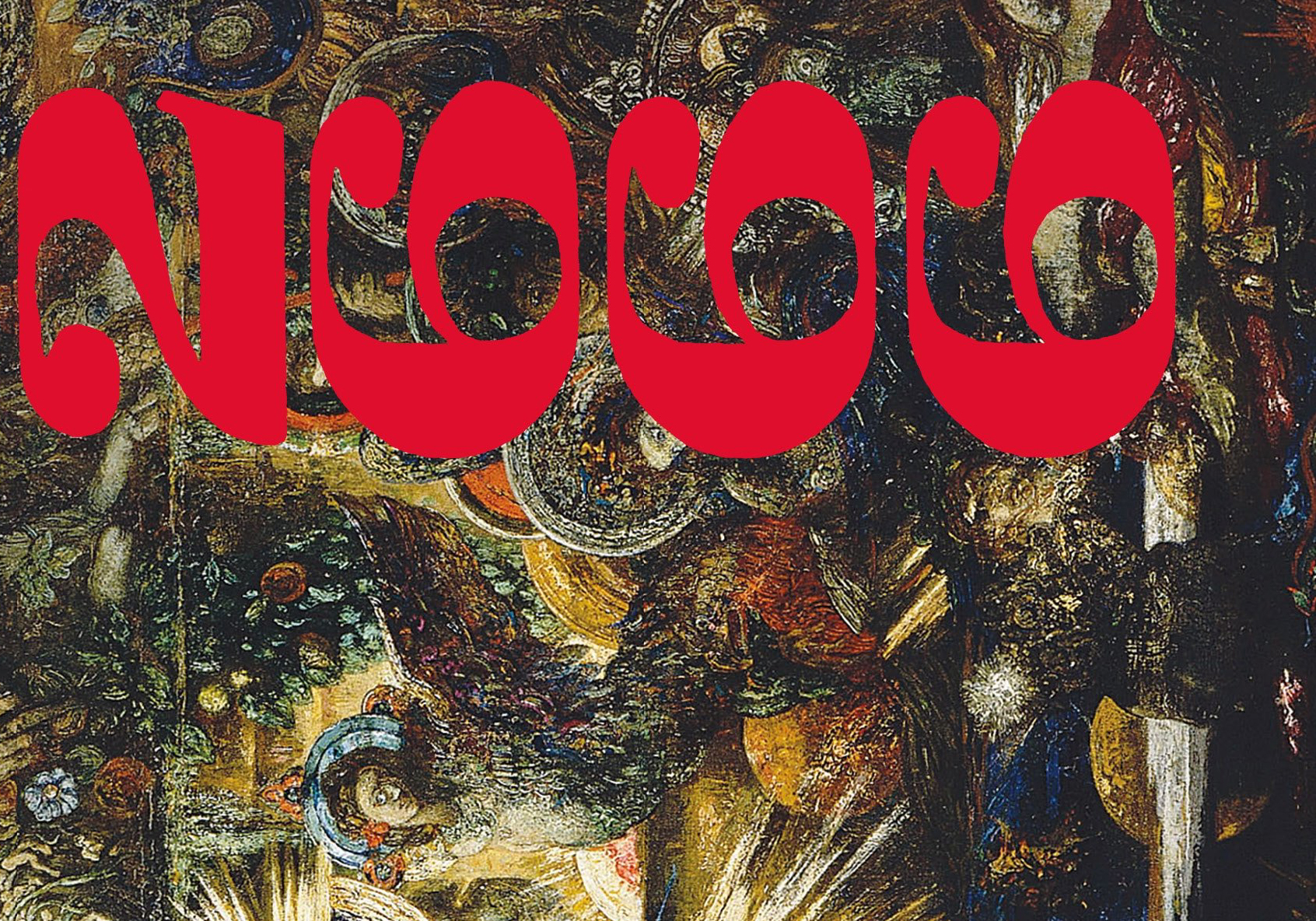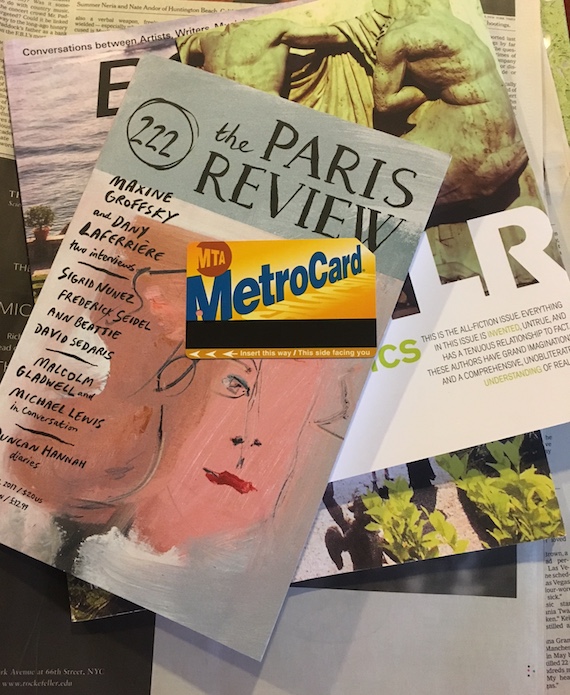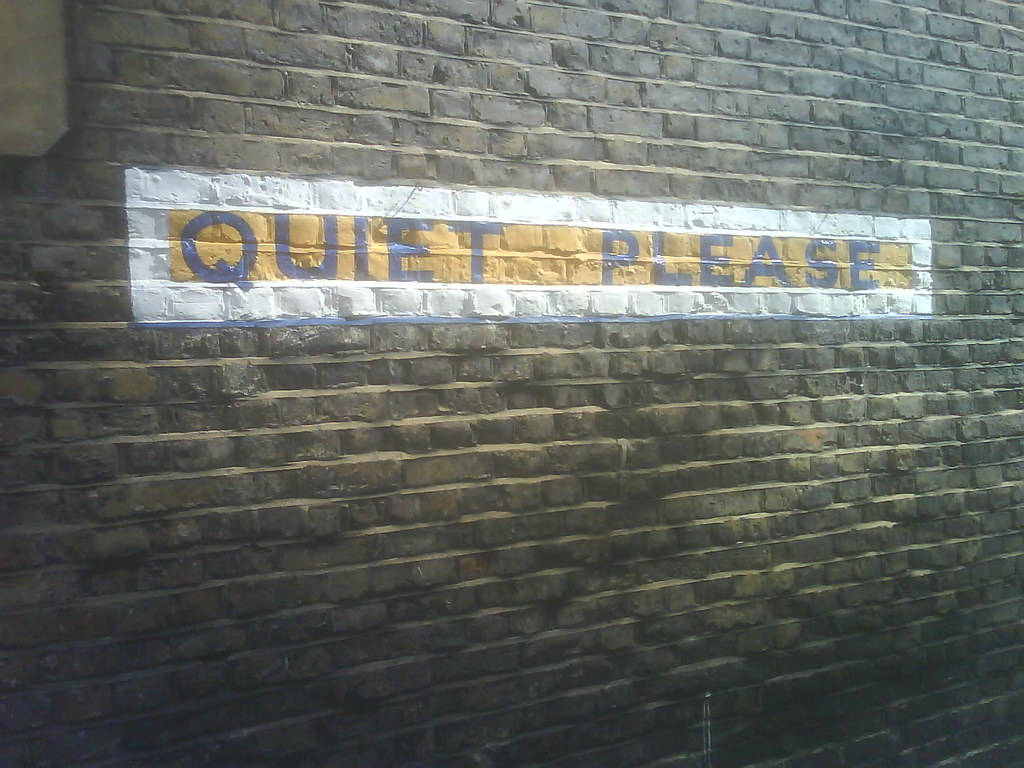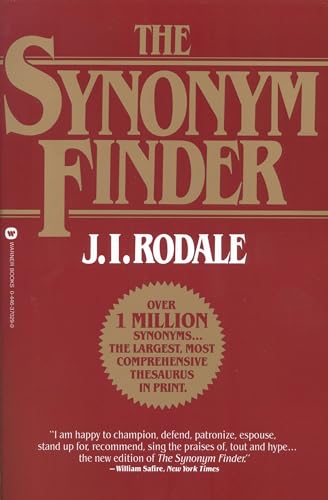A few posts back I touched upon the idea of the “style guide.” As a newly minted journalism student, I have been taught that these guides are essential for creating the “clean copy” that my editors will want to see. They are fascinating books in a way. In my AP Stylebook some entries are brief, just one word: tiptop says one, instructing me not hyphenate. Other entries go on for a few pages like the one for possessives, which explains how to deal with “nouns the same in singular and plural,” “special expressions,” and “quasi possessives.” I know, exciting. One of the undercurrents of journalism school seems to be that writing is a lot more than just putting words on paper. There are rules to be followed and facts to be vetted. The rules are covered by the Stylebook, but vetting the facts can often be done with The World Almanac and Book of Facts, where one might discover a daily astronomy calendar, a list of popes, and the name of every town in Alabama with more than 5,000 people. Armed with these two books, I ought to have much of the guidance I need, but I have also been known to refer to a couple of my favorite writing reference books when necessary. The Elements of Style is a thin, little book that is so elegant and efficient in teaching proper usage it supersedes many of the fatter, drier grammar books you may have encountered in your studies. I also love my The Synonym Finder, which I bought when I worked at the book store after a customer became misty when describing her devotion to it. I’m glad I bought it. Every time I go looking for a synonym, I find one so good that it feels like I’m cheating somehow. My reference library is by no means complete, however. I’m still looking for that perfect dictionary (any recommendations?). And though I’m always dropping hints that I’d love to get a nice hefty atlas for a gift, I still haven’t received one.
Books That Help Us Write

Reading Roberto Bolaño’s Final Wake-Up Call
If you’re trying to decide whether or not to read Bolaño’s 900-page opus, I can only say this: it must be read, but no shame to any person who cannot.
●
●
●

Enemy of the State: A Tribute to Jamal Khashoggi
Writers, intellectuals, and journalists are not destined to be slaves or flatterers.
●
●
●

“I Could Feel the Poverty”
In a workshop, my fellow writers had said the moment wasn’t believable because “we didn’t have that kind of poverty in the United States.”
●
●
●

Remembering My Parents’ Bookshelf
Did I enjoy these books? Though they don’t interest me now, I think I did enjoy them then. I was accumulating my 10,000 hours of reading practice.
●
●
●

A Hidden Corner for the Hardcore: The New Yorker’s Summer Flash Fiction Series
The best part about The New Yorker’s summer flash fiction series is that The New Yorker did a summer flash fiction series. The worst part about The New Yorker’s summer flash fiction series is that if you blinked you missed it.
●
●
●

An Ode to Reading on Public Transit
In the past six months, I’ve finished 15 novels. My thoughts have since kaleidoscoped; my dreams have evolved; my concentration has slowly but surely fortified over time. I use social media less and less each day.
●
●
●

Imani Josey Wants to Tell Black Girls’ Stories
I’m not sure how many other black girls are on the cover of YA fantasy book series, and I’m not sure how many lead their own stories as protagonists. But judging by Lee & Low’s annual research, the number is incredibly low.
●
●
●

Don’t Talk About Your Book Until It’s Published
Am I writing a book now? That’s between me and my hypothetical manuscript. I’ve learned to keep my mouth shut, hunker down, and get to work.
●
●
●


